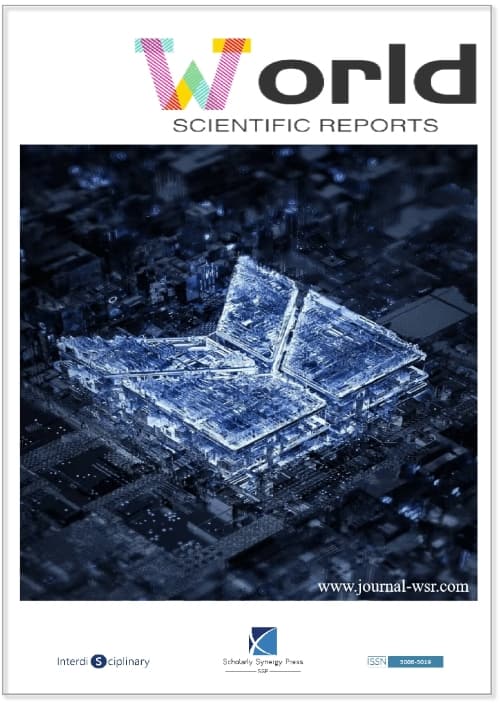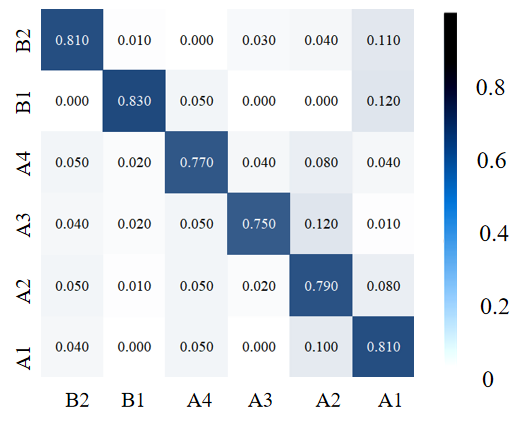World Scientific Reports invites you to contribute to the frontier of knowledge across disciplines and share your research with a global audience of peers and enthusiasts alike
Frequency: Continuous publication model
Time to first decision: 2 Weeks
Submission to publication: 10 Weeks
Acceptance rate: 13%
Aims and Scope
- update at: 12 Jan 2024Mission & Scope
World Scientific Reports is a peer-reviewed, open-access journal dedicated to advancing and disseminating cutting-edge research in the fields of computer science and engineering technology. The mission of this journal is to provide a platform for researchers, scholars, and professionals from around the world to share their innovative ideas, discoveries, and developments that contribute to the advancement of technology and its applications.
Key Objectives
Our journal aims to achieve the following objectives:
Promote Interdisciplinary Research: We encourage interdisciplinary collaboration between computer science and engineering technology to address complex real-world challenges. We believe that the fusion of these two domains can lead to groundbreaking solutions.
Publish High-Quality Research: We are committed to publishing high-quality research articles, reviews, and papers that adhere to rigorous standards of scientific and technical excellence. We welcome contributions from academia, industry, and research institutions.
Foster Innovation: We seek to foster innovation by providing a platform for researchers to share their novel ideas and discoveries. We believe that innovation is the driving force behind technological progress.
Facilitate Knowledge Exchange: Our journal serves as a forum for the exchange of knowledge and expertise among researchers and practitioners. We aim to create a vibrant intellectual community that promotes constructive discussions and collaborations.
Topics of Interest
World Scientific Reports covers a wide range of topics, including but not limited to:
- Computer Science: Algorithms, artificial intelligence, machine learning, data science, computer vision, natural language processing, and cybersecurity.
- Engineering Technology: Electronics, electrical engineering, mechanical engineering, civil engineering, and materials science.
- Emerging Technologies in Computing: Including artificial intelligence, machine learning, quantum computing, blockchain, and cloud computing.
- Software Engineering and Development: Covering methodologies, practices, tools, and applications in software development, with an emphasis on emerging programming paradigms.
- Information Systems and Data Analytics: Focusing on the development, management, and effective use of information systems, big data analytics, and database technologies.
- Networks and Communications: Including wireless communication, Internet of Things (IoT), and network security.
- Robotics and Automation: Exploring advancements in robotics, automation processes, and their applications in various industries.
- Sustainable and Green Technologies: Addressing the intersection of technology and sustainability, focusing on energy-efficient computing and environmental impact.



